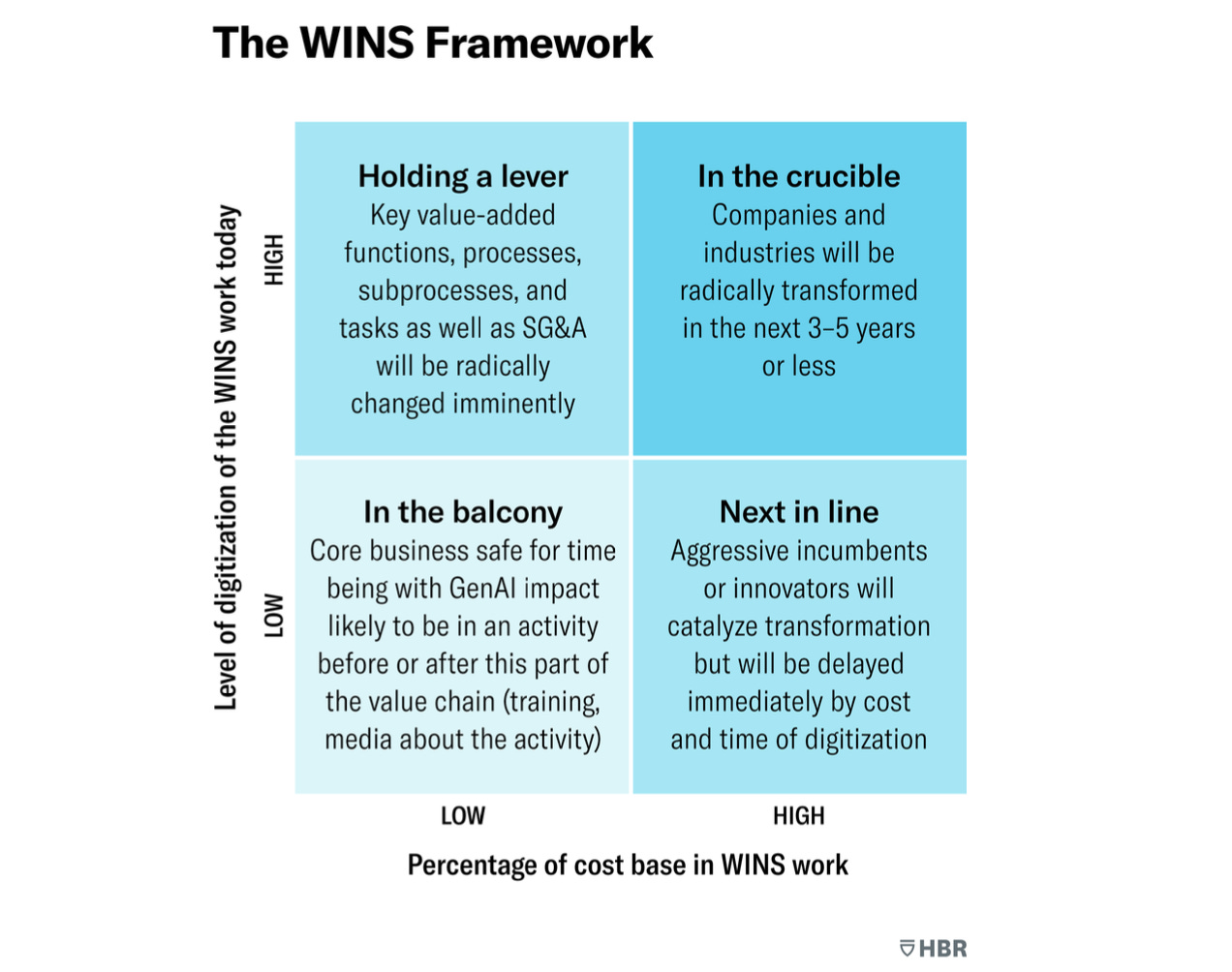Every Wealth Manager Needs to Understand AI
The elephants are dancing...
Most investors know that the gang of stocks that include Microsoft, Amazon, Nvidia, Apple, Google, Meta, and Tesla are collectively responsible for a significant portion of the recent rally and collectively they represent a market capitalization of over $10T and generate over $350B in EBITDA (the combined GDP of Japan and Germany the 3rd and 4th largest economies of the world is $8.6T). From January 2023 to mid-December the S&P without these seven was up 6%; with them, up 24%.
It’s not just the AI giants that are affected. The elephants have learned to dance. As a long-time student of technological innovation and corporate adoption of those innovations, I have been amazed at how quickly the big firms have moved. Walmart just announced at CES that they have deployed AI to help people shop by wants, not by category. For example, I can say I’m having a super bowl party for 10 – what do you suggest? Shoppers can virtually shop with friends. GenAI is helping store associates. AI is inspecting baskets at check out. Remembering that Wal-Mart sees over 68,000,000 customers a week (the population of the UK is 67 million), I am impressed that this operationally excellent juggernaut has put this in production about a year after it became popular.
McDonald’s Ask Pickle app is being used in the drive through for ordering and franchise ops to help the staff find answers for problems in the store. If you know anything about McDonald's operations they had to get comfortable that they could deal with the hallucinations and other issues of GenAI to put it into these core functions in such an operationally intensive business.
Isomorphic has inked a deal worth $3B with Novartis and Lily to explore small molecule solutions and undisclosed targeted diseases – using Google/Deep Mind’s alpha fold technology and other innovations. Mercedes and now Volkswagen are deploying ChatGPT based agents in their cars.
In a recent Harvard Business Review article we introduced the WINS framework (graphic below) in which we defined a new category of work, made up of the creation and improvement of words, images, numbers and sounds (WINS). We said if a firm’s cost base is heavily WINS based and that work is already digitized, then they are “in the crucible” and their business will be redefined in 3-5 years. Education, professional services, media, entertainment are just a few of those firms whose disruption is already underway. If they have highly digitized, high value adding functions, they are “holding a lever” and can use GenAI to radically improve their business as McDonalds and Wal-Mart are attempting to do. I have been impressed at how quickly the holding a lever crowd has implemented innovation.
In conjunction with our partner Valens Research we did a uniform accounting analysis of earnings and market capitalization of over 20,000 publicly traded firms. We categorized how WINS intensive the firms were and the potential impact on them of GenAI using a high, medium, low and zero impact assessment. We found that even with a conservative categorizations of the WINS content we believe that over 50% of the market capitalization and 50% of the earnings of these thousands of firms is up for grabs in the coming short and near term.
For this collection of reasons, wealth managers must understand AI and GenAI. The firms leading the way have massive valuations, and these technologies will have huge impact on earnings and market power. If you’re a wealth manager your better clients will be asking you about these mega trends and what it means to their wealth. Are you ready to answer them?



